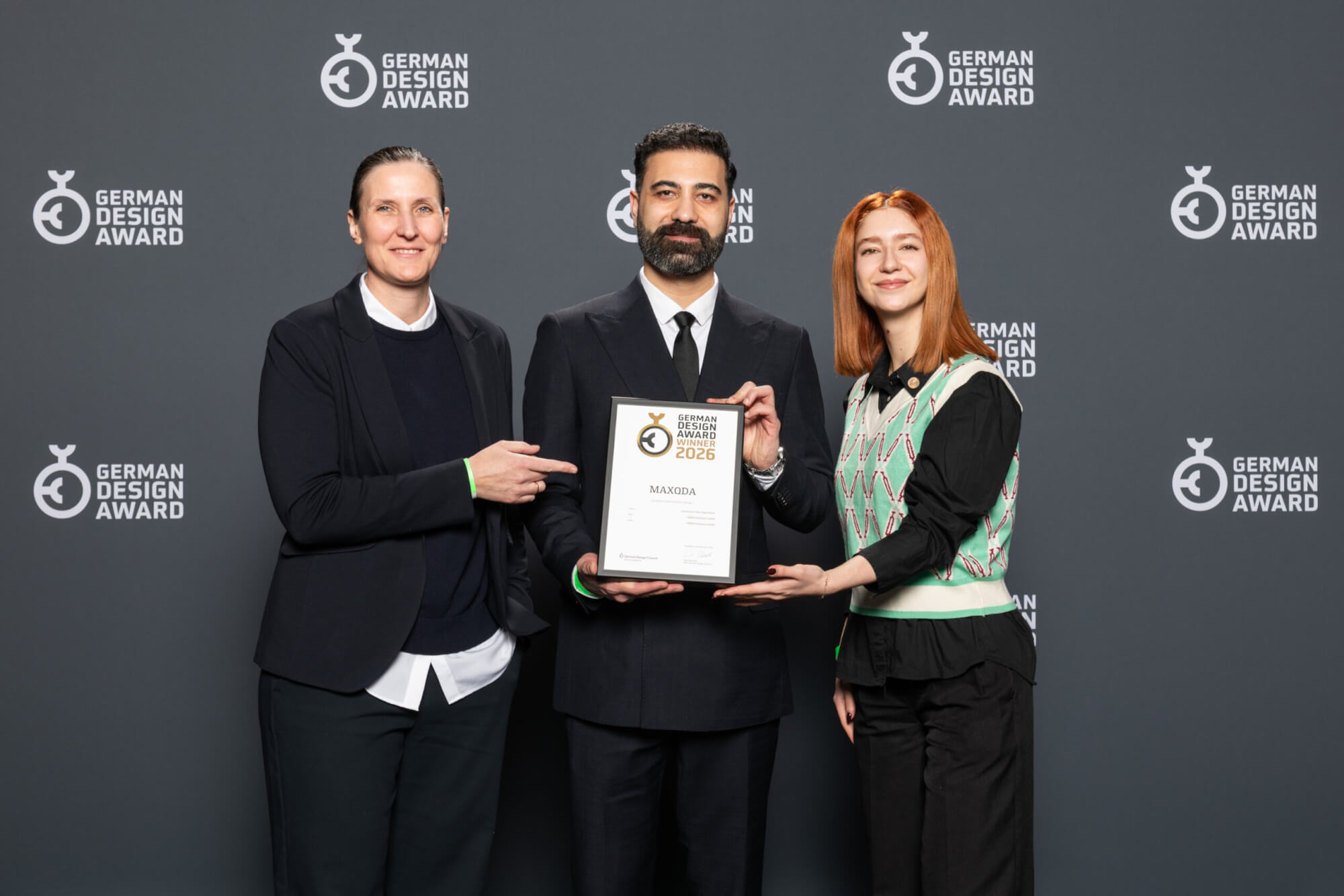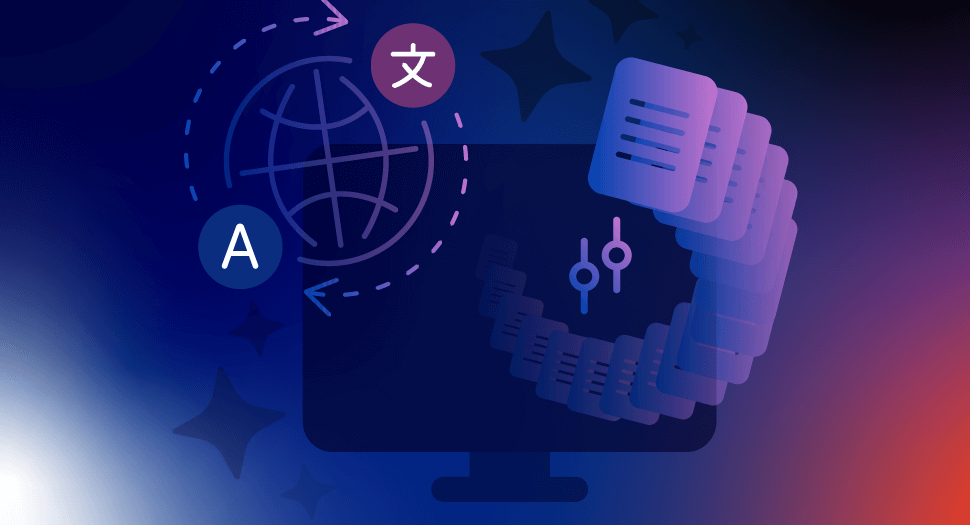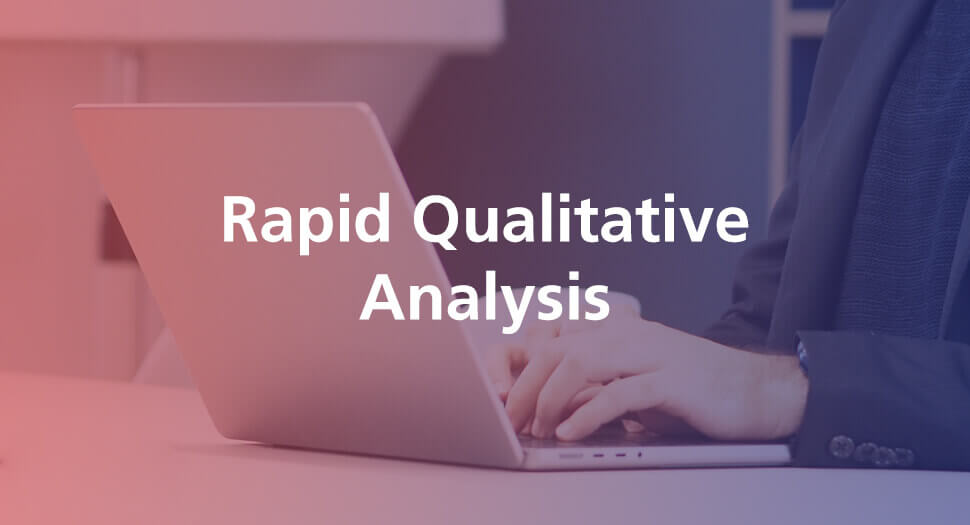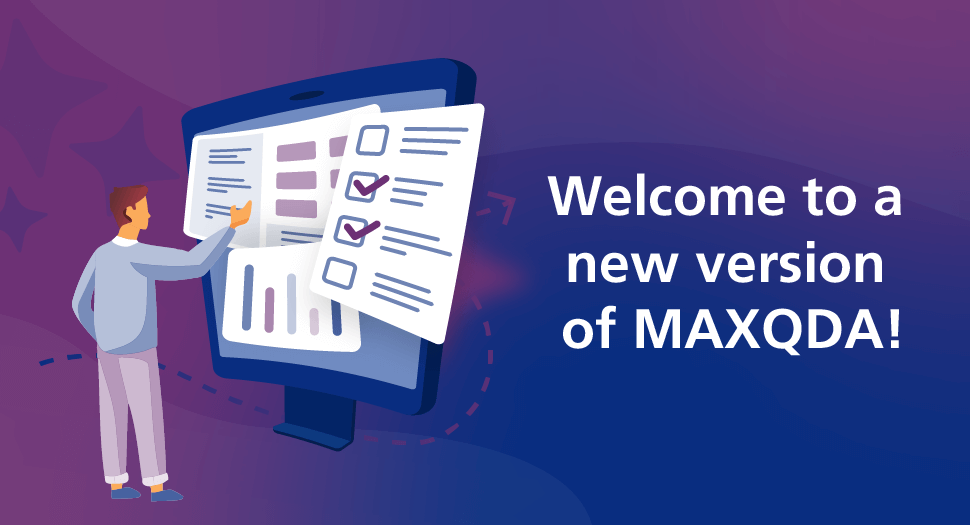Writing a grant application can be challenging, but our MAXQDA Team has some tips and tricks to help guide you through the whole process. In this article, you will find recommendations regarding grant applications in general, as well as grant applications mentioning QDA Software.
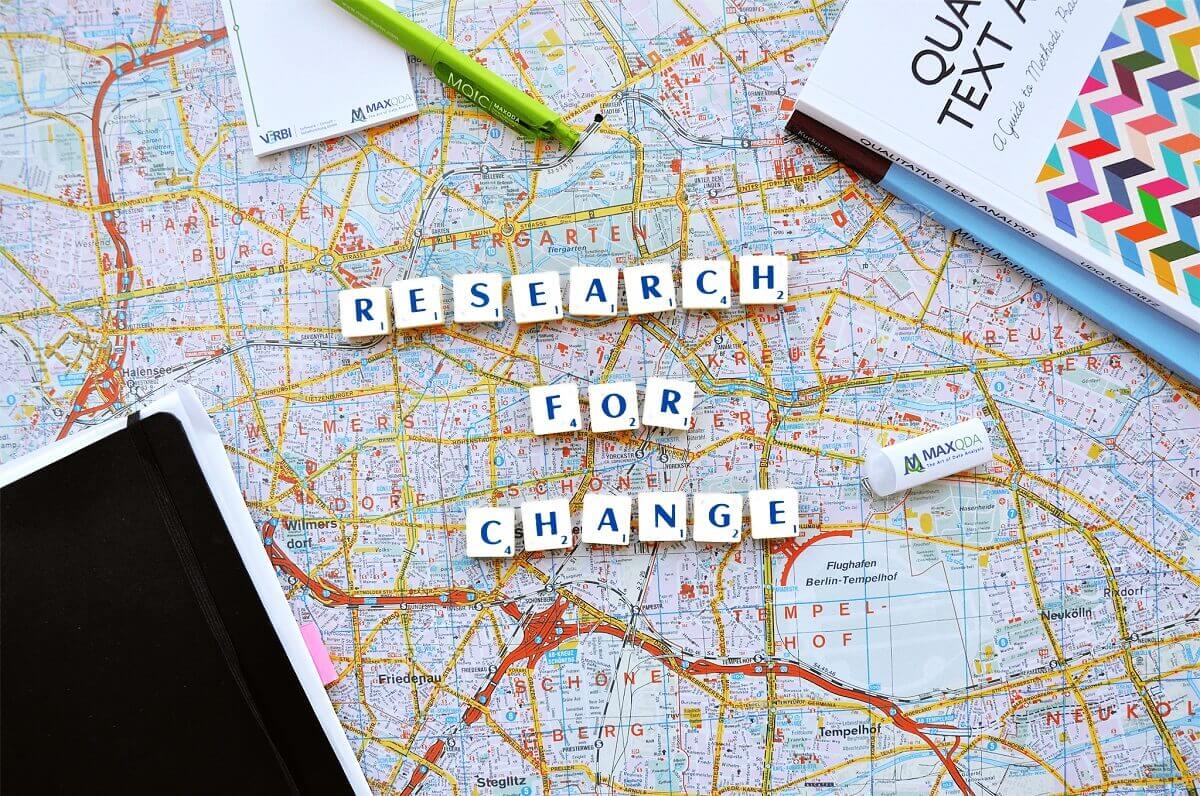
Applications for the 2019 MAXQDA Research Grant are open until June 3rd, and we have already received the first applications! Visit the #ResearchforChange website to read more about this semester’s topic and eligibility requirements.
First steps
Believe it or not, a large proportion of the work you need to invest in your application needs to be done before you actually begin writing it. Some aspects of the application require patience and attention more than inspiration and creativity.
First and foremost: read the eligibility requirements very carefully and make sure you qualify. Some of the requirements may be obvious, such as the application deadline, targeted academic discipline or the education-level required, but some may be very specific, so go ahead and take the time to re-read them.
For instance, the #ResearchforChange Grant has strict deadlines regarding when your fieldwork should begin. Remember, if you do not qualify for the grant you are applying for, then all the effort you put into the application will be for nothing.
Check the background information
The next step is to do a bit of a background check on the grant providers. A good strategy is to browse through their website and read about their mission, interests, or recent activities. This can help you understand what they are looking for in an applicant and what kind of submissions they are expecting.
This step will also help you make sure that the grant providers are not only aligned with your personal values but also a legitimate organization/company. Be aware of fake accounts! If the application process seems to easy or the award seems too good to be true, then it may be a scam.
Other great sources for information are reports, testimonials, or articles from recent grant or scholarship recipients. You can use these as examples when preparing your own application paper, see how they used their grant funds, and learn about their first-hand experiences. Learn more about past MAXQDA Research Grant recipients here:
Writing your letter of motivation and research proposal
Now it’s time to get writing! The letter of motivation and research proposal are the two most significant documents in your application. It is essential to recognize the difference between the two. While the research proposal is the document that describes your research project, your letter of motivation can be used to explain your personal interest in the grant.
Make your letter of motivation stand out
So, for your letter of motivation, don’t just write about your academic achievements and your career; try to tell the organizers how you conceive of the idea behind the grant and why you are the right person to receive the prize. Give your reader a glimpse of your personality – taking the time to add this personal touch will help you stand out from other applicants!
It might sound obvious, but be sure that you answer the questions posed by/stay on the topic provided by the grant provider in your letter of motivation. For example, when applying for the #ResearchforChange Grant, we ask that you describe what “Research for Change” means to you and how your project fits this theme. If applicants do not address this question in their letter of motivation, it shows that they did not properly read the instructions.

Write a strong research proposal
Your research proposal, on the other hand, should be very objective and matter-of-fact. It should outline your project details but be brief. A solid research proposal will include the research methods you used for the project, your research analysis methodology, and address ethical considerations (interview consent forms, anonymization of participant data, etc.).
If you are using software to gather and analyze your data, make sure to mention how you will use the tools in your project. The process of researching your software will not only help strengthen your methods and methodologies sections, it will also help you get to know the software better. You will most likely even find new features and functions that you didn’t previously know about that can make your work quicker and easier!
One of the #ResearchforChange Grant requirements is a description of how you will use MAXQDA for your data analysis. Since previous MAXQDA experience is not necessary to apply for a grant, you don’t have to be a MAXQDA expert or QDA Software expert in general. It is, however, important that you take a look at the MAXQDA website and see how software can be helpful to your data gathering and analysis goals.
Luckily, you can test MAXQDA for free with the no obligations through our 14-day trial and check out the numerous free learning materials to get you started quickly and easily! You can learn the basics in just seven minutes with our Getting Started Video Tutorial:
Further application documents
Alongside your letter of motivation and the research proposal, which make up the core of every grant or scholarship application, every grant provider requires its own set of documents to be sent in with your application. Here’s a list of most common ones with some details on what you should pay attention to:
- CV: there is hardly an application nowadays that doesn’t require a CV, so you may already have one. But there are different types of CVs! While a professional CV shouldn’t normally consist of more than two pages, it is appropriate to include the list of publications and the information about the conference presentations in an academic CV (as well as awards, other scholarships, etc.) -so there is no page limit. One rule that applies to all types of CVs: it must be up-to-date and only contain true information.
- Letter of recommendation: make sure your letter(s) of recommendation are written specifically for this application and the scholarship or grant is mentioned in the text.
- Proof of identity/proof of student status: normally a scan of your document is sufficient, however, you have to make sure that the scanned document is good quality and can be read easily.
- Proof of fieldwork: the #ResearchforChange Grant requires proof of fieldwork – a document that confirms that part of your research will be conducted outside of the study room, aka, in the “field”. Appropriate documentation could be correspondence with the host institution, interview confirmation e-mails, or an internship contract, for example.
Final checks
Ok! You’re all done and ready to submit the application? Before hitting the “send” button, take one last chance to check these points:
Advice as old as time: don’t forget to proofread your work! Even if you are an English native-speaker, you can make some typological errors that can spoil the first impression you make. For example, make sure that small details like the name of the organization or the person to whom you are addressing the application are spelled correctly. Ask your friend or relative to read your application, because they may notice some mistakes that you didn’t.

Make sure all documents have been translated: the organizers might not speak your native language and may simply not be able to understand an invitation letter from a university in Spanish or a letter of recommendation in Dutch, for example. If the documents are required in English, as is the case with the #ResearchforChange Grant, please make sure to attach a translation to your original document. Careful though – some grant providers may require translations be completed by a professional or be notarized!
Name your files properly: submissions named “Application” or “Document” are anonymous. Try to always use your (last/family) name in the file title! File titles like “CV_John_Smith” or “Research_Proposal_Anna_Petrova” will reduce the possibility that the file will be lost.
Last, but not the least: don’t send the application last-minute before the deadline. We’ve all been prone to procrastination at one point or another, but this is the most common mistake made by grant applicants. On deadline day, the organizers may be overloaded with the stream of other applications and might not be able to answer your questions. Furthermore, if files are corrupted or information is incomplete, you will not be able to correct anything. Even if the grant organizers don’t accept rolling applications, try to send your papers ahead of time! The organizers will have more time for you and may even follow up on any missing documents.
That’s it! We hope that you now feel fully prepared to write a great application and we look forward to receiving your #ResearchforChange Grant application by June 3rd, 2019!

